A new video has been released by Methanol Institute (MI) and Fastwater, highlighting the benefits of methanol as a marine fuel for small craft operating in ports and inshore waters. The film highlights the launch in late 2021 of the first pilot boat operated by the Swedish Maritime Administration (SMA) converted to run on methanol by the Fastwater consortium. The conversion is the first of a potential fleet conversion by the SMA, adopting methanol to lower pollution and cut carbon emissions. The demonstration, held in Stockholm, Sweden, provided a showcase for the ease and practicality of converting an existing marine engine to run on methanol, as well as the simplicity of the bunkering process. The pilot boat runs on sustainable, renewable biomethanol provided by Södra, which transported the plant-based bio-methanol — used onboard the boat — by road to the pilot station.
Alliances for Decarbonization
Technip Energies and NPCC form joint venture to support energy transition: On 19 July, Technip Energies informed it signed an agreement with NPCC to establish a new joint company called NT Energies to accelerate the energy transition in the UAE, the broader Middle East and North Africa.
Headquartered in Abu Dhabi, the new joint venture NT Energies promises to provide added value services in blue and green hydrogen and related decarbonisation projects, CO2 capture in addition to industrial projects in the fields of waste-to-energy, biorefining, biochemistry, as well as other energy transition related themes.
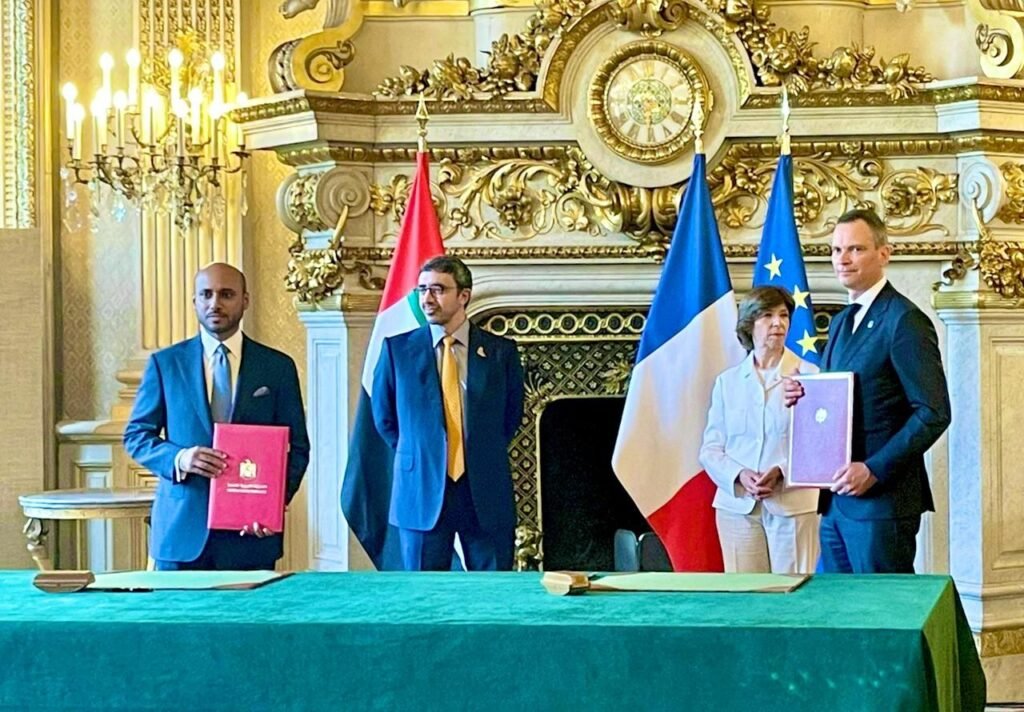
Partners eye renewable liquid hydrogen supply chain from Portugal to the Netherlands: A consortium comprising Shell New Energies NL BV, ENGIE, Vopak and Anthony Veder have signed an agreement to study the feasibility of producing, liquifying and transporting green hydrogen from Portugal to the Netherlands, where it would then be stored and distributed for sale. The consortium envisions hydrogen being produced by electrolysis from renewable power in the industrial zone of the Sines port. Then the hydrogen is liquified and shipped via a liquid hydrogen carrier to the port of Rotterdam for distribution and sale. The aim is to deliver the first shipment of liquid hydrogen from Sines to Rotterdam by 2027. Key sector players in heavy duty, marine, and aviation are said to support this development as it fits well with their intention to decarbonize operations.
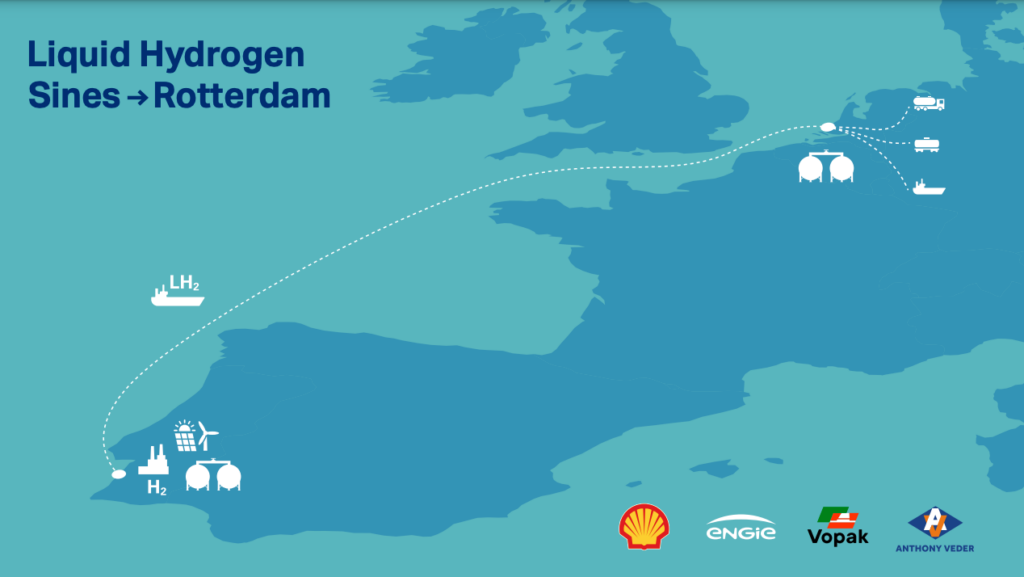
Industry Actions
California offers $125m in incentives for zero-emission equipment: The California Air Resources Board (CARB) has opened the second round of its Clean Off-Road Equipment Voucher Incentive Project (CORE), providing point-of-sale discounts on off-road zero-emission equipment, including port equipment. The project is administered by CALSTART – a national nonprofit consortium focused on building a prosperous, efficient and clean high-tech transportation industry – and has $125m in funding available, more than double the amount allocated to the project when it first launched in January 2020.
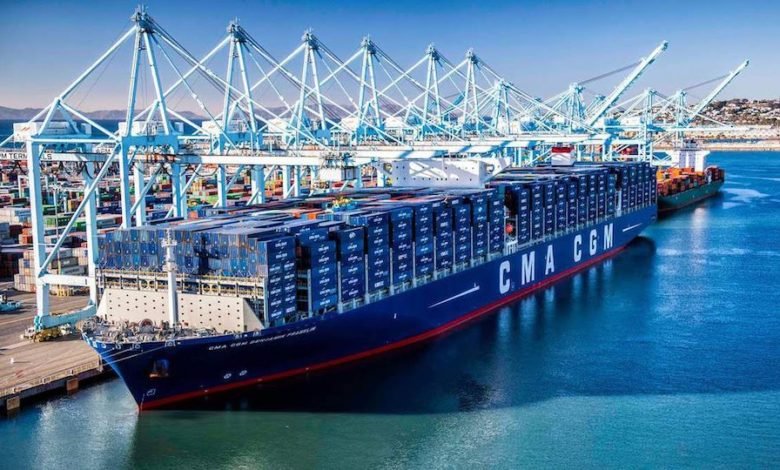 Zodiac Maritime backs hydrogen startup TES:
Zodiac Maritime backs hydrogen startup TES: Eyal Ofer-led Zodiac Maritime is investing in Belgium-based startup Tree Energy Solutions (TES), a company that plans to build the world's largest portfolio of hydrogen projects by 2030. TES is developing a green energy hub in the German port of Wilhelmshaven, comprising a green hydrogen import terminal, storage facilities, and an oxy-fuel combustion power plant, with the goal of supplying 250TWh of green gas annually. A strategy is also in place to develop similar hubs in European ports in Belgium, France, and the Netherlands. The company has concluded its second fundraising round at €65m ($66.6m), which also attracted a global investor base comprising leading financial institutions and international energy corporations including E.ON, HSBC, and UniCredit.
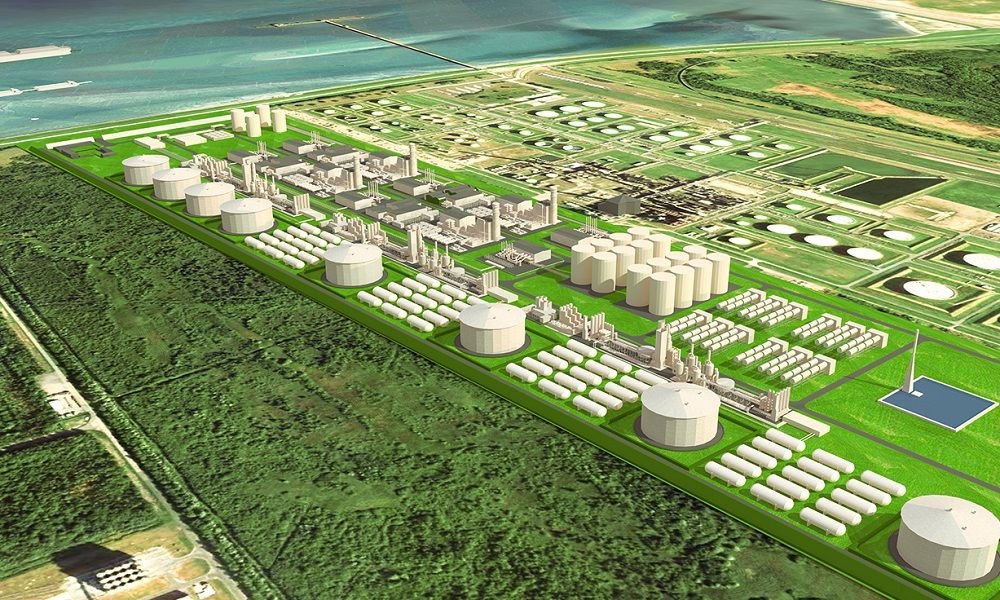 Inpex and Australia's Northern Territory commit to a net zero emission future:
Inpex and Australia's Northern Territory commit to a net zero emission future: Japan's energy player Inpex has signed a statement of commitment to a net zero emissions future with the government of Australia's Northern Territory, the location of the Ichthys LNG project's gas liquefaction plant. As the operator of the project, Inpex oversees Ichthys production and operations in cooperation with its project partners. Ichthys LNG is a joint venture between Inpex, major partner Total, and the Australian units of CPC, Tokyo Gas, Osaka Gas, Kansai Electric Power, JERA, and Toho Gas. The project produces LNG at the 8.9 million tonnes per year plant at Bladin Point, Australia.
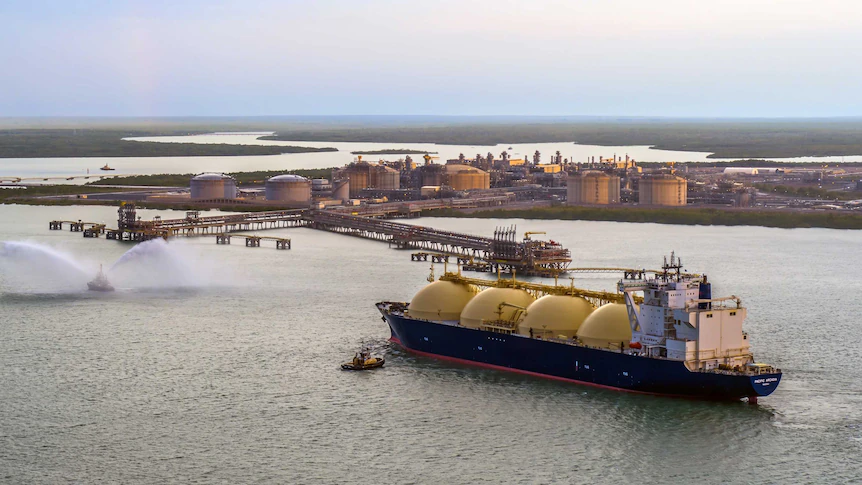
Estimates of ship CO2 emissions
DNV verifies Signal Ocean's estimates of ship CO2 emissions: The algorithm underpinning Signal Ocean's estimates of vessel CO2 emissions has been verified as meeting IMO guidelines by the classification society DNV. The calculation considers all aspects of any voyage as well as any route deviations are already taken by any given available vessel. Other factors include the vessel's size, age, speed, loading conditions, shipyard, use of scrubbers, and the type of fuel used are also considered and represented in the algorithm's output.
The service is used by tanker, dry bulk, and LPG shipowners and traders to support their chartering decisions. DNV has now issued a formal letter of professional opinion that recognizes the validity and robust nature of Signal Ocean's emissions estimates.
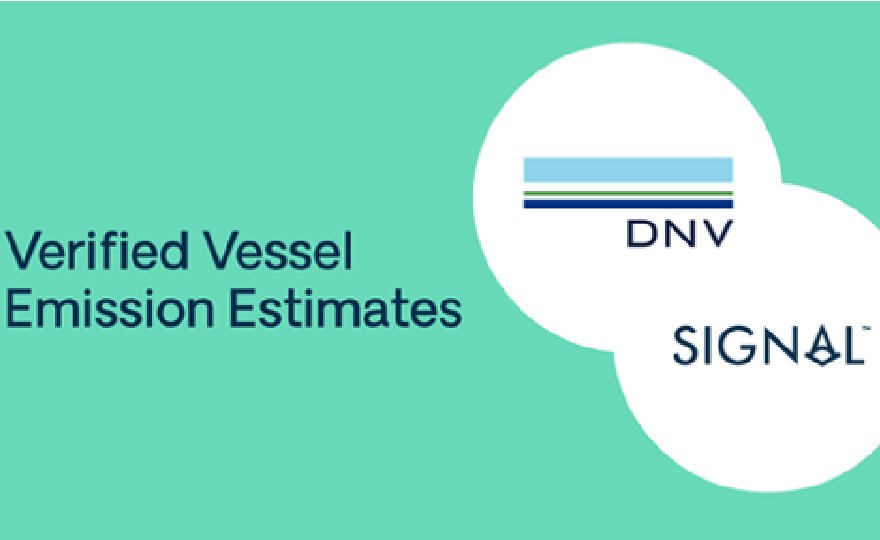
Technology
Lower battery costs unlock potential to electrify big containerships: Improvements in batteries have unlocked the potential to electrify big containerships today on voyages of up to 5,000 km, a new study shows. The study, entitled “Rapid battery cost declines accelerate the prospects of all-electric interregional container shipping” was published in the Nature Energy Journal on 18 July 2022. It explores the economic and environmental benefits of direct electrification of containerships.
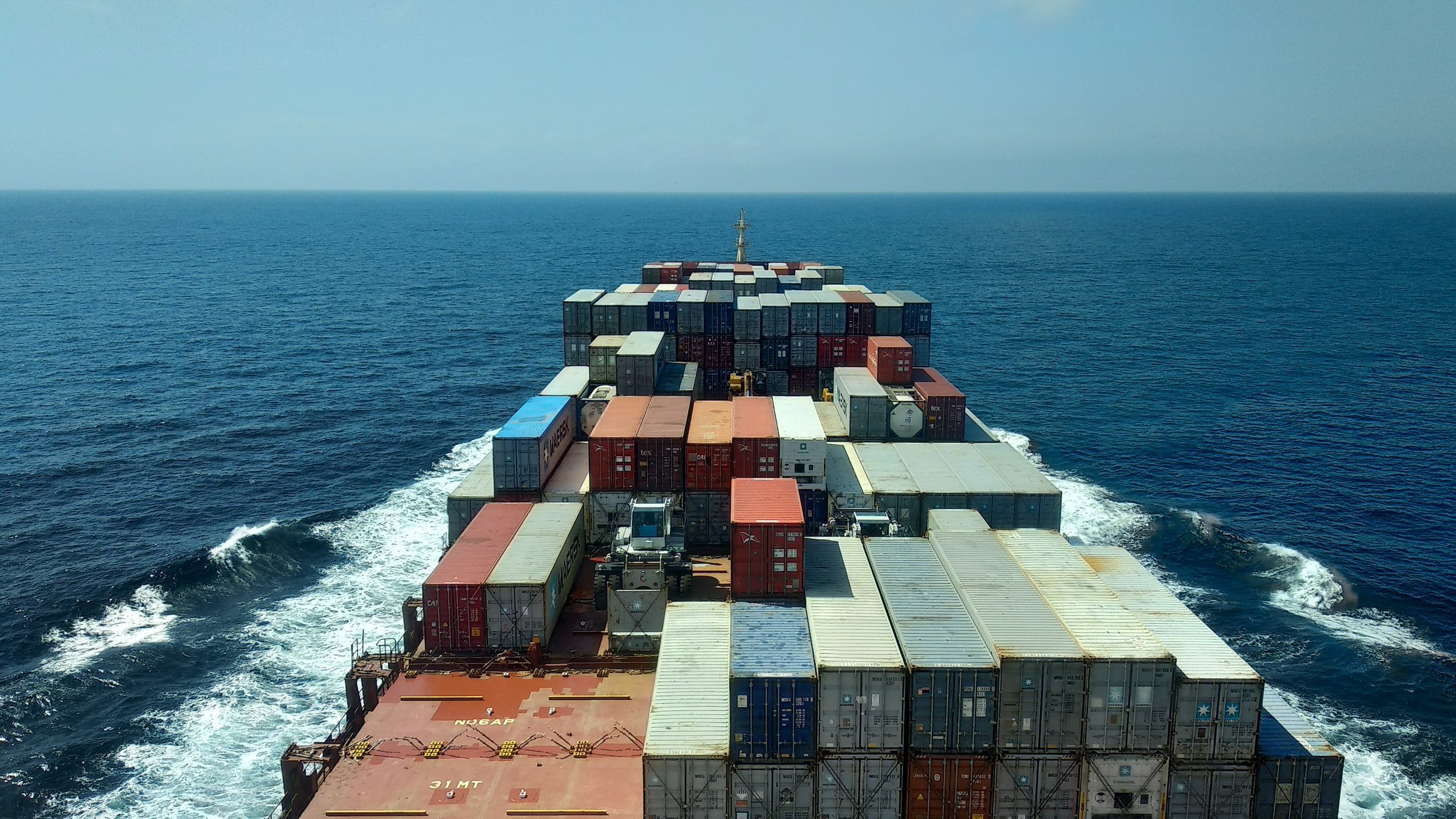 MAN engines can now be retrofitted to become climate-neutral:
MAN engines can now be retrofitted to become climate-neutral: MAN PrimeServ, MAN Energy Solutions' after-sales brand, is now offering its customers the opportunity to retrofit older MAN 48/60 marine and power-plant engines to state-of-the-art MAN 51/60 types to prepare older engines already in service for future, climate-neutral operation. Converted engines will effectively be equivalent technically to newly built MAN 51/60 units. As a further option, newly converted engines can be upgraded for operation on synthetic fuels for a low premium.
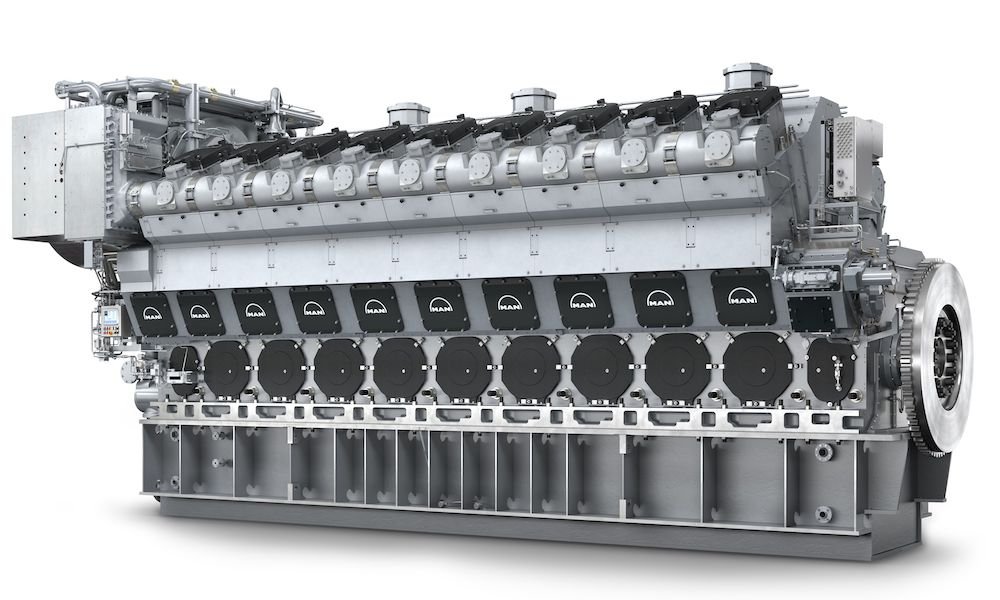
Next Generation of Vessels
Yang Ming welcomes new 11,000 TEU eco-friendly boxship: Taiwanese shipping company Yang Ming Marine Transport Corp. has welcomed the new 11,000 TEU container vessel YM Tutorial equipped with environmental features to meet the shipping industry's requirements. The vessel was built by the Japanese shipyard Imabari Shipbuilding and is chartered from the ship leasing company Shoei Kisen Kaisha. The meaning ceremony for the YM Tutorial took place on 17 June at Imabari Hiroshima Shipyard. The vessel entered the Yang Mang's transpacific West Coast route on 15 July.
Ocean Yield opts for another methanol-ready boxship: Norwegian shipowning company Ocean Yield AS is buying another methanol-ready boxship newbuilding for long-term charter. On 18 July 2022, the shipowner said it has agreed to purchase a 5,500 TEU container vessel newbuilding under construction at HJ Shipbuilding (HJSC, formerly Hanjin Heavy Industries & Construction) in South Korea. The Post-Panamax vessel will be a sister vessel to the newbuilding announced in June 2022, with a design enabling it to be converted to dual fuel operation with methanol as fuel.
“K” LINE confirms three additional orders for Airseas' Seawing: Kawasaki Kisen Kaisha (“K” LINE), one of the world's largest shipping companies, has confirmed orders for three additional Seawing systems, bringing to a total of five the number of its vessels that will use Airseas' innovative wind propulsion technology to reduce their emissions.
Under the agreement, the third, fourth and fifth Seawing systems delivered to “K” LINE will be installed on post panamax bulkers, following the two initial installations on capesize bulkers, which are scheduled to take place from the end of this year.

Ferries
San Francisco: Zero-emission ferry network in the making: The San Francisco Bay Area Water Emergency Transportation Authority (WETA), a regional public transit agency, has secured a $14.9 million grant from the California State Transportation Agency (CalSTA) to develop a high-frequency battery-electric ferry network in San Francisco. The grant will be used to fund the construction of ferries and shoreside charging infrastructure to support the San Francisco Clean Ferry Network, which will use zero-emission ferries to connect waterfront San Francisco neighbourhoods including Downtown, Treasure Island and Mission Bay.
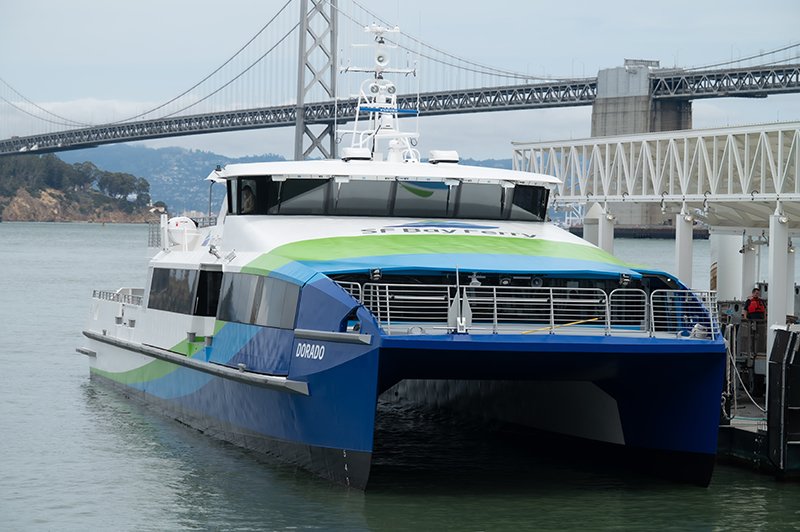 Carnival on track to meet sustainability targets for 2030:
Carnival on track to meet sustainability targets for 2030: Carnival Corporation, the world's largest cruise company, is on track to meet its sustainability targets for 2030 while increasing initiatives to support its aspirations for 2050, the company's sustainability report for 2021 shows. Emphasizing its focus on decarbonization, Carnival and its brands said they are committed to continuing to reduce carbon emission intensity and have long-term aspirations to achieve net carbon-neutral ship operations by 2050. To achieve these goals, the company supports the adaptation of alternative fuels and is testing new technologies as they become available, developing and installing advanced air quality systems, and partnering with various organizations and stakeholders to support and accelerate its decarbonization efforts.
LMG Marin-designed battery-powered ferry delivered to Norled: LMG Marin has confirmed in the social media update that the ferry named Ryfylke has been delivered, featuring what is said to be the largest battery pack on a 45-metre ferry. The ferry, built at the Norwegian shipyard Westcon Yard in Ølensvåg, will operate between Nedstranda and Stavanger and all the islands in the Ryfylke area.
The newbuild is an LMG 27-DEH design battery-hybrid plug-in double-ended car and passenger ferry. It was designed for zero-emission operation with batteries being charged by hydropower-generated electricity from the Norwegian grid, but unlike other battery ferries, this one will only be charged at night, LMGMarine said.
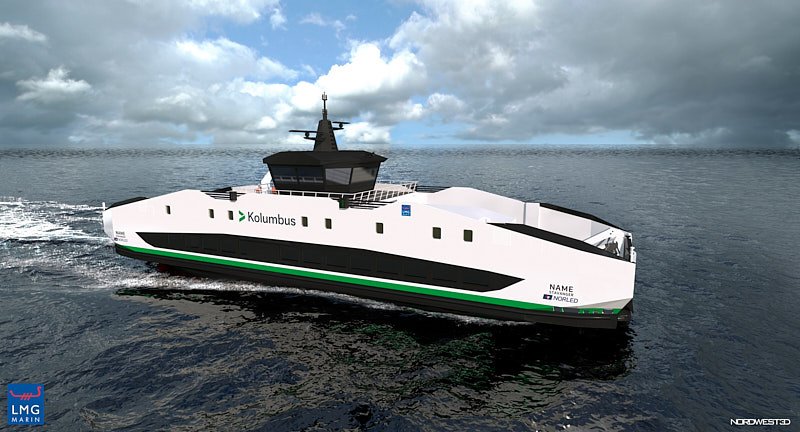
Fuels
Expleo rolls out e-methanol fuel solution for ships: Expleo, a global engineering, technology and consultancy service provider, has developed a closed-loop e-methanol fuel solution for shipping that is said to deliver a 92% reduction in greenhouse gas (GHG) emissions and OPEX savings of £1.4 million (around $1.6 million) a year, per vessel. The company developed the solution during its feasibility study into clean power propulsion systems, funded through the Department for Transport's (DfT) Clean Marine Demonstration Competition (CMDC). The study is detailed in the new white paper named ‘Clean Green Marine – a breakthrough for global shipping‘.
Danish green fuel consortium gets green light from European Commission: A large-scale Danish project for green hydrogen production for shipping has received the green light for government subsidies, bringing one of the world's most ambitious electrolysis projects closer to fruition. The Ørsted-led Green Fuels for Denmark consortium has received the European Commission's Important Project of Common European Interest (IPCEI) designation, allowing it to receive state aid. In addition to offshore wind powerhouse Ørsted, the group behind the project includes Maersk and DFDS, as well as logistics company DSV and air carrier SAS.
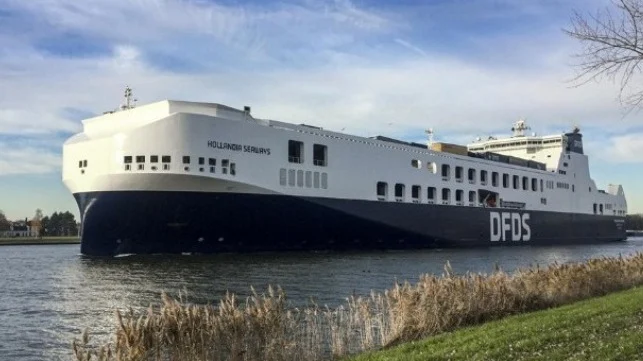 Shipping Finance
Shipping Finance
d'Amico secures $82M sustainability-linked loan: The five-year term facility was inked with ING and Skandinaviska Enskilda Banken (SEB) to refinance the bank loans maturing in 2023 on MT Cielo di Cagliari, MT Cielo Rosso, MT Cielo di Rotterdam, and MT Cielo di New York. All four tranches of this new facility are expected to be drawn down, with the respective previous financings reimbursed, in July 2022, the company said. For this new sustainability-linked loan, the margin is adjusted based on the CO2 emissions of d’Amico Tankers’ fleet and the associated annual efficiency ratio (AER) indicator, relative to the AER trajectory established by the Poseidon Principles for the type of vessels controlled by d’Amico Tankers.
Ports
Port of Amsterdam to install ship-to-shore power for sea cruises by 2025: The Dutch Port of Amsterdam has started the design phase for the installation of ship-to-shore power for sea cruises at the Passenger Terminal Amsterdam (PTA) to make the berths greener. The port kicked off the design phase together with grid operator Liander. As one of the components of this phase, the laying of a power cable needs to be ready by early 2025.
At the same time, the partners are working on the design of the necessary installations at the PTA with a European subsidy that the port received for this phase.
The Dutch port expects the European tender process to start after the summer so that both sea cruise and river cruise ships will be able to use the ship-to-shore power at the PTA from the start of the cruise season in 2025.
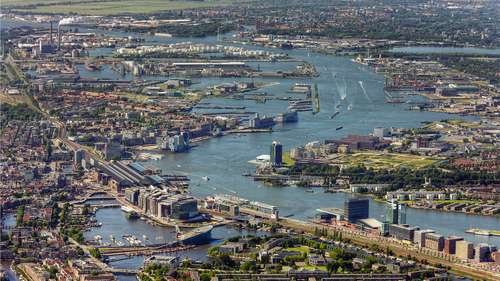
APM Terminals MedPort Tangier to reduce CO2 emissions: The investment for the APM Terminals MedPort Tangier expansion is in line with APM Terminals' global commitment to achieve a 70% reduction in absolute emissions by 2030 and net zero emissions by 2040. More specifically, the expansion phases will use all-electric or hybrid terminal equipment, automated mooring technology and potential shore power. Within three years of its inauguration, APM Terminals MedPort Tangier, an automated transshipment terminal, has managed to become one of the most technologically advanced terminals in Africa.
Government
Maritime sector best hope for UK levelling-up, net-zero and economic growth: The UK government should embrace the maritime industry as a means to meet targets on ‘levelling-up’, decarbonisation and economic growth, according to Peel Ports.
The logistics group's CEO Claudio Veritiero said the maritime sector and government should form a partnership to meet national objectives and overcome the remaining challenges from Brexit and the pandemic. Peel Ports Group published a 40-page report “A level playing field - The role of ports in achieving better outcomes for the UK's levelling up agenda,” a response to the UK government's February 2022 levelling up white paper.
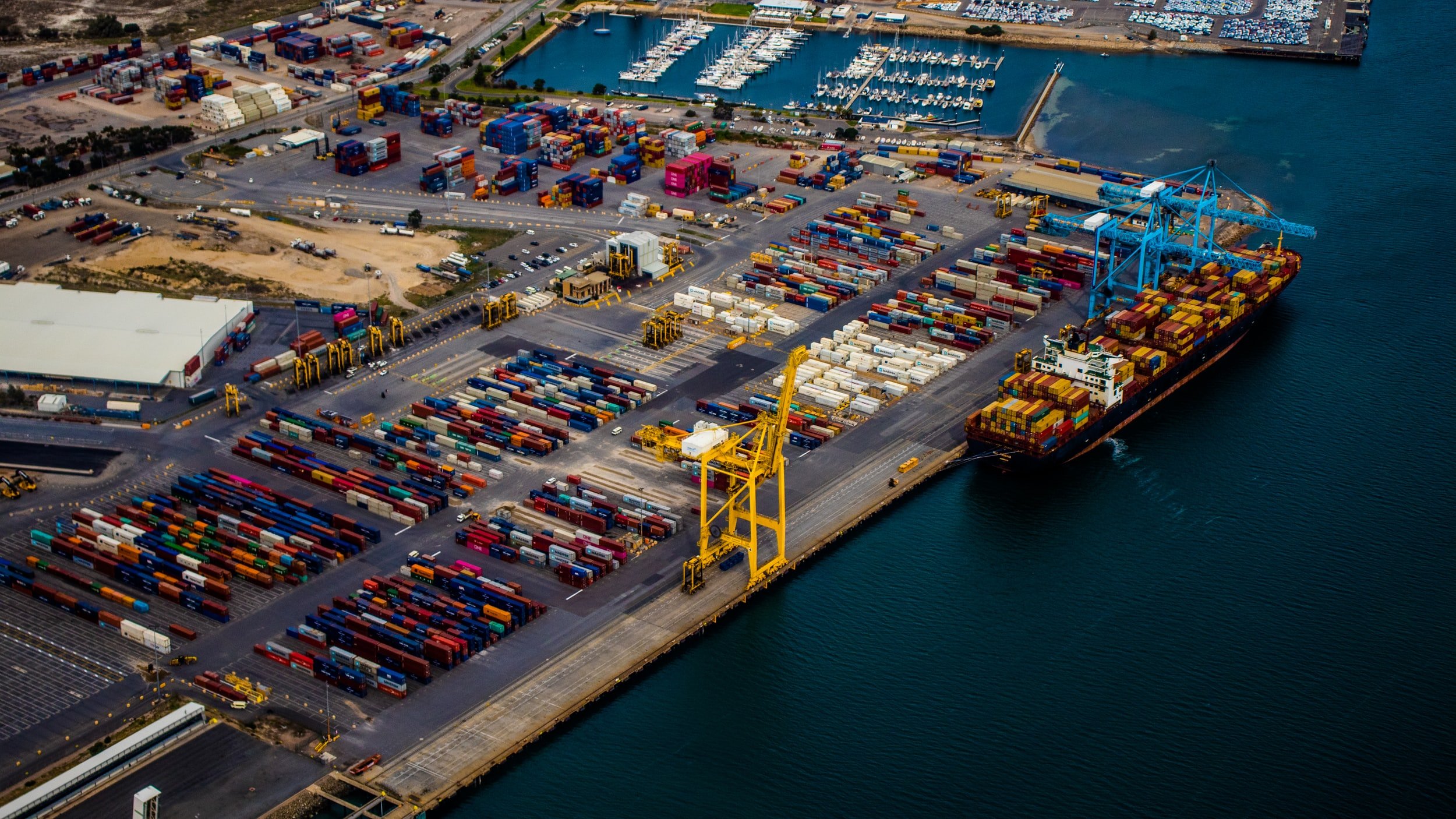
By Maria Bertzeletou, Breakwave Advisors
The opinions expressed herein are the author's and not necessarily those of The Xinde Marine News.
Please Contact Us at:
media@xindemarine.com









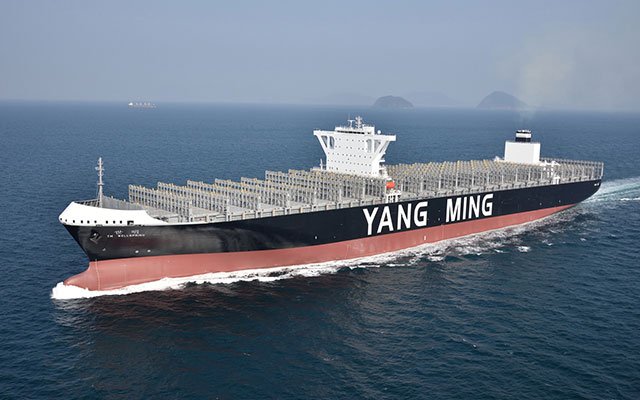






 Ningbo Containerized Freight Index Weekly Commentar
Ningbo Containerized Freight Index Weekly Commentar  Ningbo Containerized Freight Index Weekly Commentar
Ningbo Containerized Freight Index Weekly Commentar  Ningbo Containerized Freight Index Weekly Commentar
Ningbo Containerized Freight Index Weekly Commentar  BIMCO Shipping Number of the Week: Bulker newbuildi
BIMCO Shipping Number of the Week: Bulker newbuildi  Ningbo Containerized Freight Index Weekly Commentar
Ningbo Containerized Freight Index Weekly Commentar  Ningbo Containerized Freight Index Weekly Commentar
Ningbo Containerized Freight Index Weekly Commentar